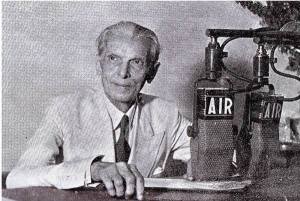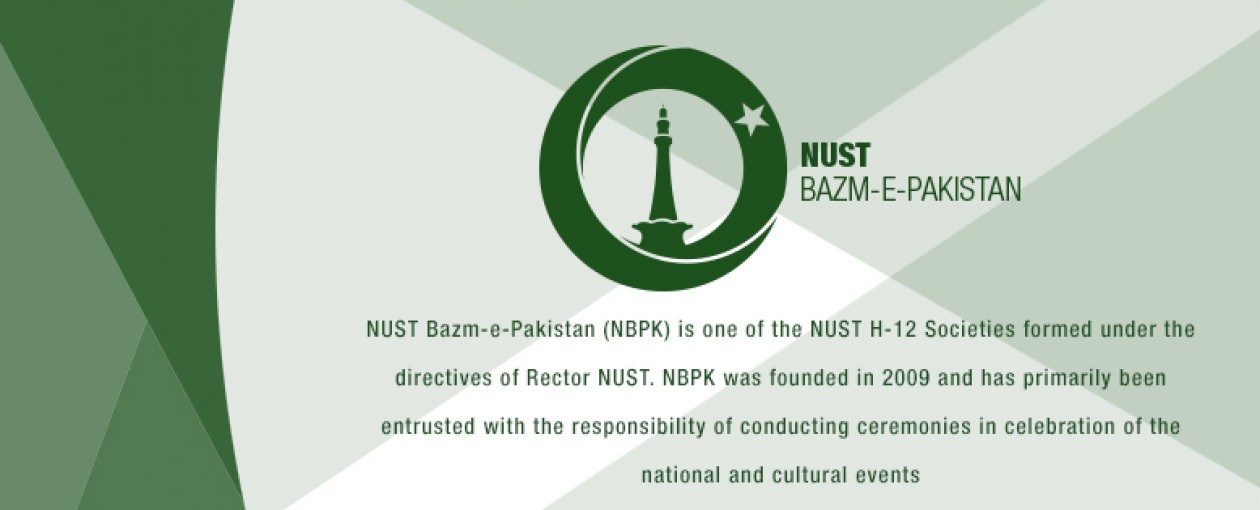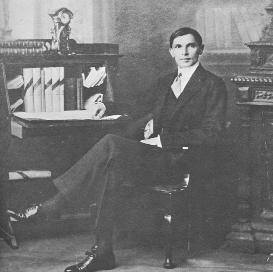“Few individuals significantly alter the course of history. Fewer still modify the map of the world. Hardly anyone can be credited with creating a nation-state. Mohammad Ali Jinnah did all three.”
― Stanley Wolpert, Jinnah of Pakistan
For a Pakistani, the wonders of Jinnah’s achievements are anything but a secret. Ever since I learned how to read, I have read about the Quaid e Azam more times than I can recall. From the chapters in one’s primary classes’ textbooks to the acclaimed writings of renowned and respected authors, I have had the pleasure of reading about this prodigious personality more than a few times and learning something new every time I do so. Among many of his remarkable traits, there is one that appears over and over again, sometimes explicitly, sometimes between the lines. Yet, quite a few readers fail to grasp it completely or remain oblivious to it altogether.
One doesn’t need to study voluminous accounts of Jinnah’s life in order to understand the tenacity, patience and will-power possessed by him. In fact, one has to look no further than his or her high school history textbooks. Just skimming through such texts is enough to make one aware of his struggle, his sufferings, his failures and ultimately, his success. However it is quite disappointing to see that we, the Pakistanis of today, haven’t truly comprehended the life of the one we tirelessly call the “Father of the Nation”. Yes, we do read about the immense political pressure the Quaid faced upon his demand for a separate homeland; yes, we do observe the roller-coaster of ride that his personal life was due to his commitment to a cause; and yes, we do feel our Nation’s father being heart-broken more than once during his endeavors. Yet, when we see him finally achieving his goals despite the odds rather heavily stacked against him, we accept it as if it were a “happily ever after” ending of a fairy tale, rather than realizing the reality behind his success.
Throughout his life, we see Muhammad Ali Jinnah falling flat on his back while striving to accomplish something he believed in. Then again, we see Muhammad Ali Jinnah rising to meet the challenges put forth by his opponents, making his mark while he’s at it. What we need to realize is, that this at the core of it all, this perseverance is due to nothing but sheer determination. His will to go the distance, his urge to get back up when he was down and his refusal to accept anything but victory, was what got him through the thick and thin times of his struggle. We, the Pakistani youth, the future of this nation, need to instill this level of motivation in ourselves.

Let this day serve as a reminder for the aspiring people of the country, that nothing great can be achieved without a fair share of difficulties. Let this day serve as a motivation for those who have fallen, that glory is but a few steps away, if only they can get up. We have the right footsteps to follow. What matters is, are we willing to follow them?
“It’s not how many times you fall that matters but how many times you get back up that counts”
– Grace Hatton.
Post by: Awais Zaheer



